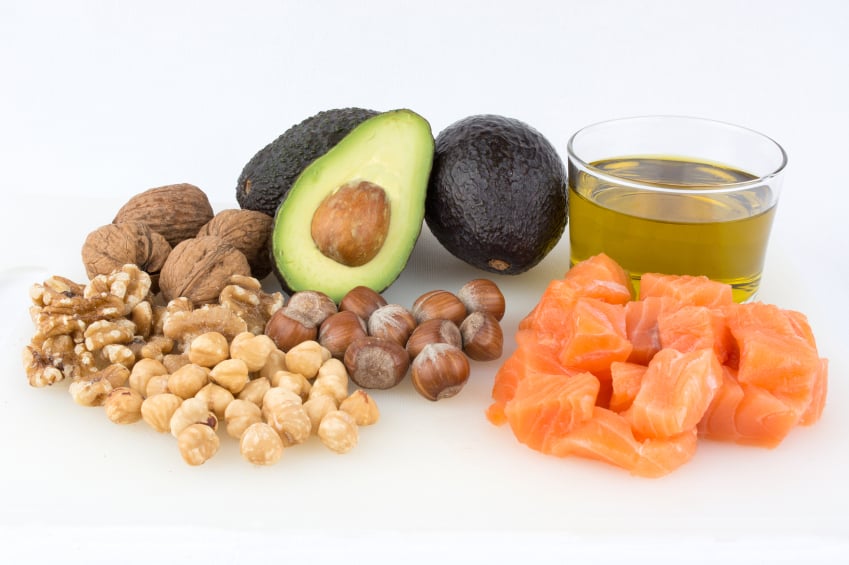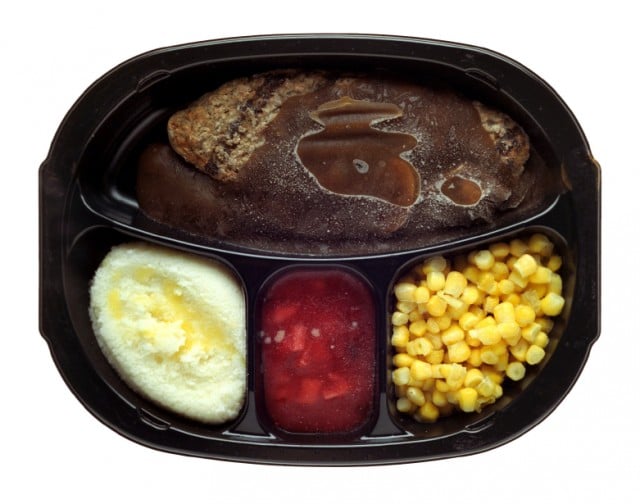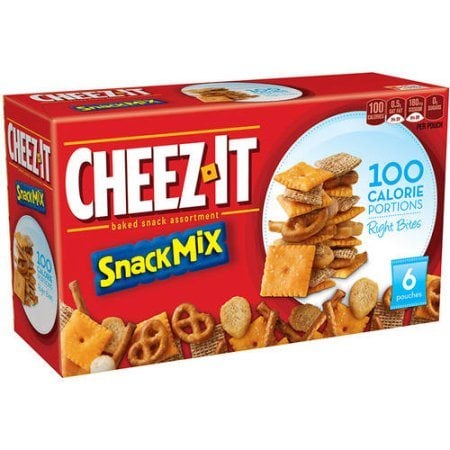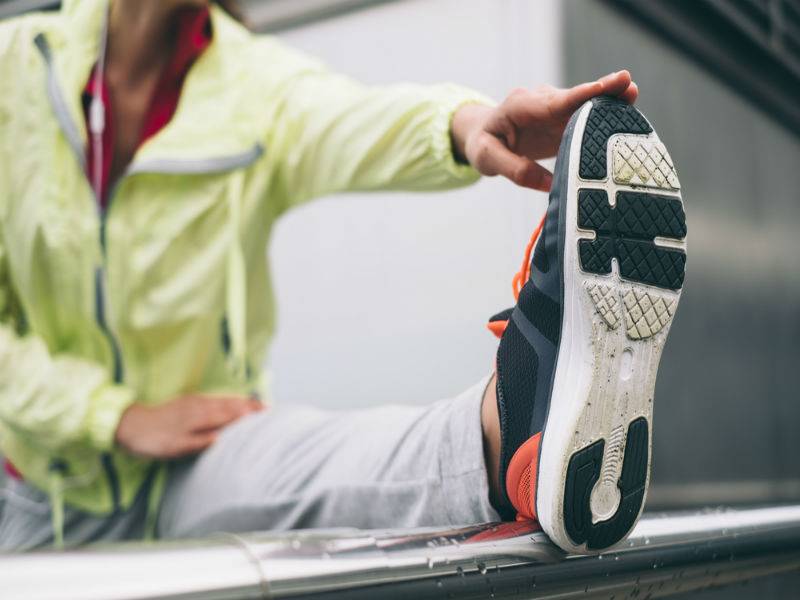
Losing weight can be tough. You want to slim down, but unless you have the stamina to dedicate the next few months to your body, you’ll also want to maintain a social life, which means cocktails after work and an occasional slice of pizza late at night. Most of us wake up, look at ourselves in the mirror, and decide that it’s time to make a change and lose weight. That change typically means better eating and more regular workouts, but it isn’t foolproof. There will be days when things don’t go as planned and a cupcake is consumed or a run is skipped.
You may try different diets, calorie counting, or increasing your workouts, but sometimes the lack of weight loss could be due to a hang up you’re not even aware of. Certain food and drinks may be low in calories or fat but aren’t providing any nutrients or energy. These foods sustain you for a moment, before leaving you hungry and looking for something else to consume. When you’re trying to shed weight with long-term results, it’s important to eat real, whole foods. To start, cut the following empty calorie items out of your diet.
1. Diet soda

Diet soda is not better than the regular stuff | iStock.com
Dieters may be apt to slurp down diet soda, and why not? It has zero calories and the carbonation-lovers argue that the carbonation can make you feel full. Some studies report that the more diet sodas a person drinks, the more weight they’ll gain. Why? Some think the artificial sweeteners that keep diet soda calorie-free actually confuse your body since the sweetener is unknown and artificial. When your body doesn’t know how many calories you’ve consumed, it will respond by craving more high-calorie foods.
Carb-only snacks won’t help you lose weight | iStock.com
When you eat meals or snacks comprised of only carbohydrates your body quickly converts the carbs into simple sugars and sends the sugar off into your blood stream. The sugar rush hits and is over quickly leaving you with low blood sugar and a gnawing hunger pain. Avoid carb-heavy meals and snacks like pasta, crackers, dry cereal, and breads. Pair your carbs with protein or healthy fats like cheese and peanut butter to keep you full longer.
3. Low-fat foods

Skip the low-fat ice cream | iStock.com
It may seem appealing but skip the low-fat yogurt, cheese, ice cream, and milk. Low-fat foods are often manufactured so that the natural, fat elements of the food are removed and replaced with fillers and sweeteners. Some studies show that people who eat low-fat products actually gain weight because the low-fat food is not satisfying, and they end up binging on carbohydrates later in the day. Stick to natural, non-modified foods to get the full benefit of what you eat and to avoid feeling hungry hours later.
4. Frozen meals

Frozen meal | iStock.com
The boxes in the frozen food section of your grocery store may scream healthy, low carb, low fat, and low calorie, but most frozen meals are just another tricky obstacle in your weight loss journey. Frozen meals contain heavy doses of sodium and preservatives to keep them fresh. In addition, the nutritional value in these meals is lower than if you made the meal at home. A benefit to frozen meals is that they have a typically healthy portion size, but be wary of eating these too often or relying on them for your dose of daily nutrients.
5. 100-calorie snacks

100-calorie snack packs | Walmart
These seemingly harmless 100-calorie snacks are all over the shelves of your grocery store touting promises of weight-loss. The problem is these little snack packs are processed foods that contain lots of sugar (or artificial sugar). When you eat this tiny snack, your blood sugar skyrockets before dropping, leaving you hungry yet again. Eating something that doesn’t provide any nutritional value or sustainable form of energy to your body is not only bad for you, but bad for your diet because all you’ll want to do is eat again in another hour. Skip the low-calorie promises and eat real food.
[“source-ndtv”]











